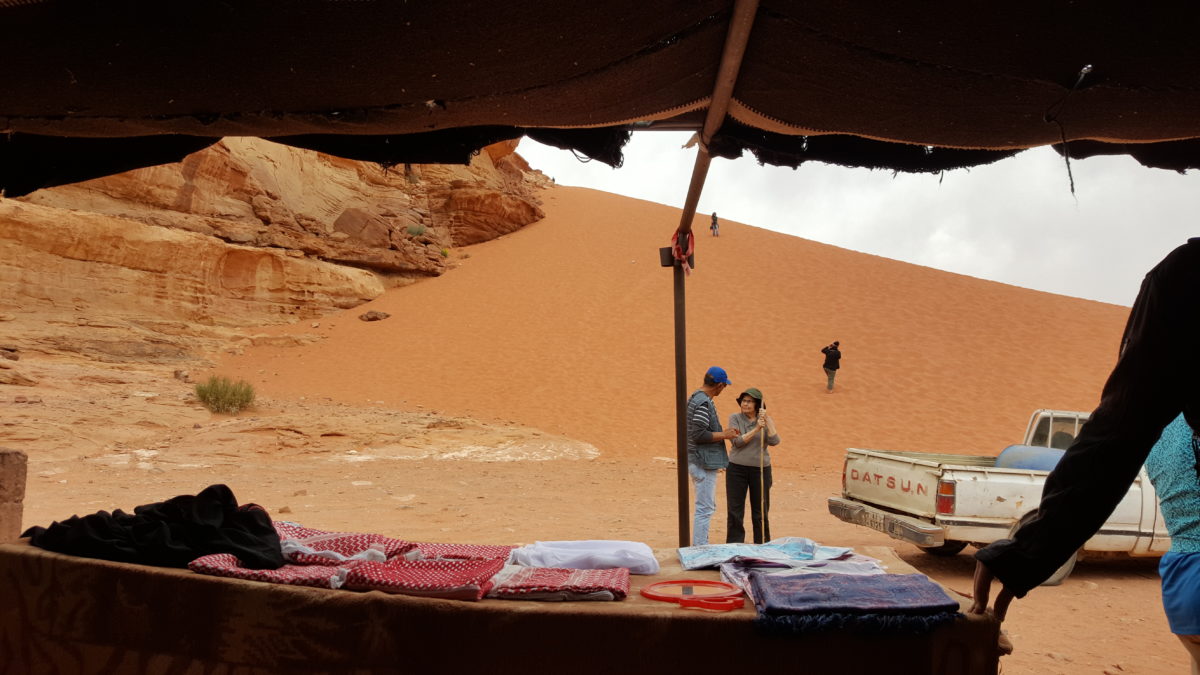Trying (not) to orientalise in Petra
It’s an interesting thing, travelling to the Middle East. I’ve done it a few times in recent years, and the countries I have so far been to (Israel, UAE, Oman, Palestine and now Jordan) have at the same time confirmed and subverted my expectations. Edward Said’s seminal 1978 work Orientalism really resonated with me when I first read it maybe 10 years ago, so the following are a few thoughts my brain has been mulling over.

The tourist to the Middle East brings such a weight of history with them
For a start, I was tempted to use the word ‘traveller’ rather than ‘tourist’. But in this day and age, why should I really consider myself to be a traveller in Petea and a tourist in Rome? Other than the conceit of the regular tourist who feels themself to be something more, of course. And the fact that the East is ‘Other’, and travels within it somehow different, more profound than the norm.
I’m sure there are infinite personal nuances, but as a rule I would hold it to be true that a Western tourist in the Middle East brings with them preconceived notions that, to a greater or lesser extent, portray the East as mysterious, sensuous and timeless. I saw this in the stated mission of others in my tour group to crop out all of modern life and portray only that which is ‘authentic’. And although I was consciously thinking of this while in Jordan, I also saw this in myself as I tried to glimpse the eternal through the everyday and see through the clutter of modernity to something real that might be underneath.
I similarly left Dubai wondering if I had experienced the ‘real thing’, only to stop and ask myself what that means. If life has moved on and the average Emirati lives in a high rise apartment and shops in a mall rather than a market, is that not the real thing? What do I get by seeking out the corners that remain of something that went before? Is it by trying to see both at once that I can really get to grips with a place, in the same way I would stand in Rome imagining the ancient agora while listening to modern traffic. Or does the power dynamic Said described in orientalism mark this ‘authentic’ Orient out as different and worthy of more scrutiny? Interestingly I didn’t feel the same tension on a recent trip to Palestine, perhaps because my subconscious associates it more closely with modern history than the eternal and exotic East.

Thinking through the extent to which the Western gaze influences Eastern ways of being is a question for brighter minds than mine
An example here. A trip to Petra being a fairly once in a lifetime kind of thing, I decided to watch a handful of documentaries before setting off, to give me insight (historical, geographical etc.) into what I would be seeing. An Al Jazeera documentary I came across focused on the local people who were displaced to a purpose-built town in the 1980s to support burgeoning tourism, and a scene which stuck with me was of a Bedouin family getting their TV out of a cupboard once all the tourists had left for the day, and gathering round to watch a soap opera.
My brain is still trying to work through what the meaning is of this scene, including whether I’m assigning too much meaning to it in the first place. If this local family has changed their behaviour to conform to the expectations of Western tourists, does this demonstrate that Said’s power imbalance can exert itself even without the Western party being aware that they are controlling the actions and decisions of others? Is it a slowly shifting economic imbalance that means that while tourist dollars are crucial at any cost local populations conform to a certain expectation, with a question mark in future when the economy may move on but the expectation will still exist?
I found it interesting to reflect on the blend of tradition and modernity in Petra and the following day in Wadi Rum, without really being able to parse out what aspects of dress, behaviour, homes and activities people were undertaking because they thought that’s what I wanted, and what they would absolutely be doing regardless.

It’s possible to overthink things when sometimes sticking to essentials is best
The friend I travelled with called me out on orientalising the experience of going to Jordan before we even left her place. It was my insistence that I wanted to take a linen shirt despite it not quite being the weather for it that did it (she was right, a small part of me was having visions of 1930s explorers in pith helmets). I had an amazing time, and sincerely hope I have the chance to spend more time in Jordan again in future, but I would hope that a second experience might allow me to disengage my conscious brain a bit and focus instead on taking in sights, learning more about the contemporary culture of the country, and having conversations with the very warm and open people I met there (this last bit’s not so much an orientalist comment as the fact that, by comparison with London, many places seem to be filled with warm and open people).
Or perhaps I could go entirely the other way and start running holidays for reflective people: Said in the Middle East, Benjamin in Germany, Foucault in France, Gramsci in a prison somewhere… Any takers? 

